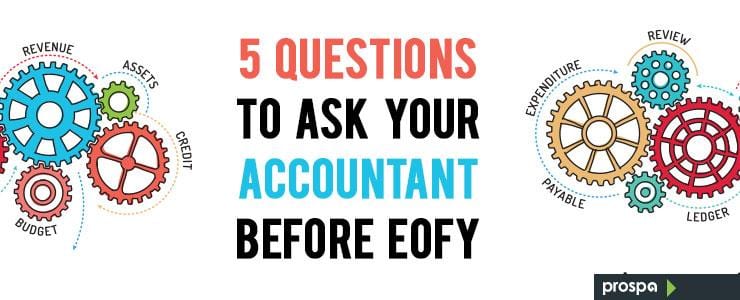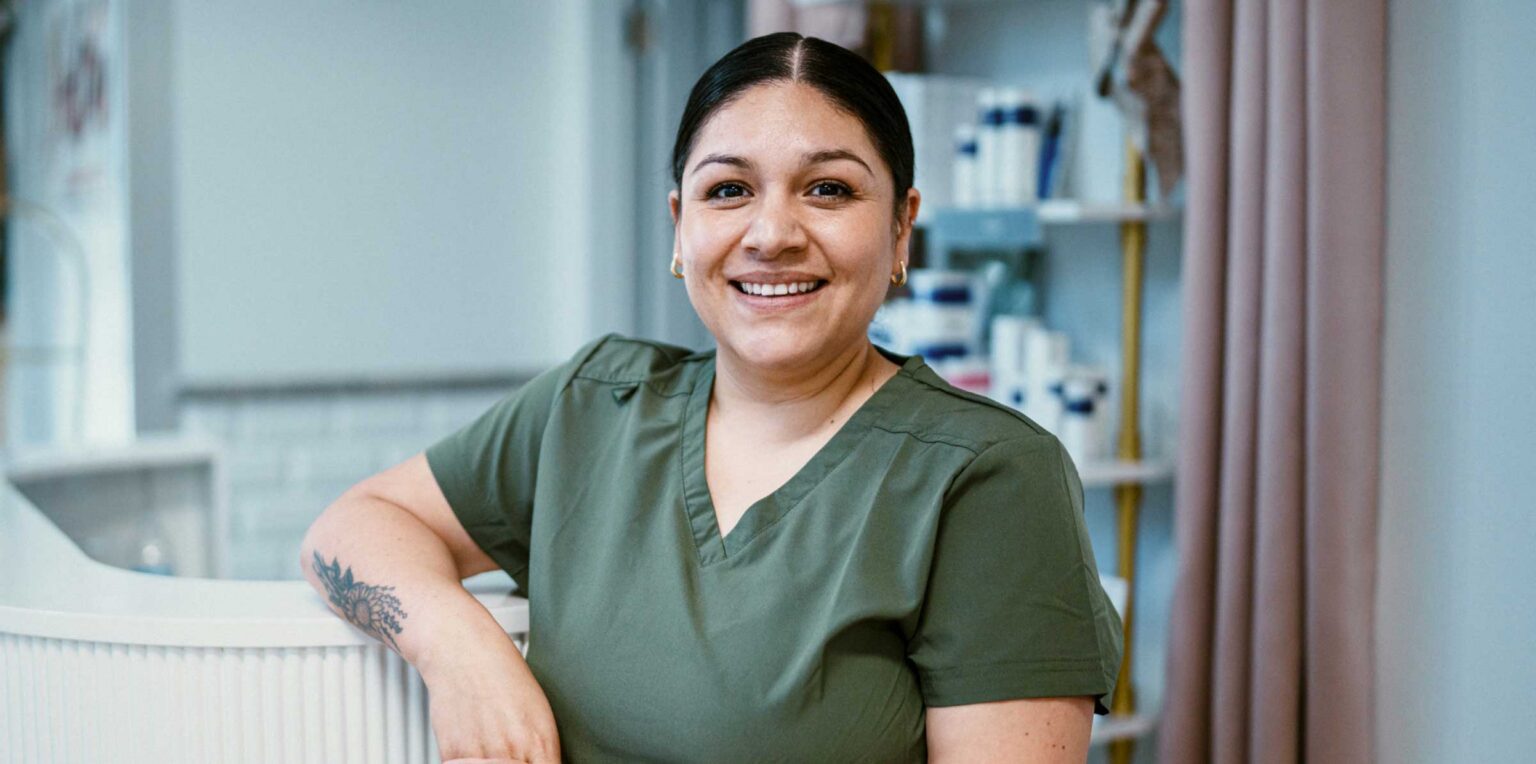The end of financial year (EOFY) is fast approaching. Are you prepared?
We spoke to accountant Adrian Sibbick from Evo Group to find out how you can maximize your position for this year, and prepare for the new financial year.
Tax is a major consideration for small businesses, particularly at this time of year. There are some simple things small businesses can do to ensure a smooth transition between financial years.
Here are a few questions to ask your accountant before June 30, 2017:
Q: Am I still able to get a full deduction on new equipment?
Good news for small business owners, the $20,000 instant asset write-off scheme is here to stay for another year. I suggest improving your cash flow by deduct the value of eligible assets straight away, instead of over several years.
Take advantage of the scheme to help your business grow. If you’re a house painter, it might be a good opportunity to buy a new paint sprayer, while café owners should look at upgrading their kitchen equipment.
Q: Do I need to do a stocktake?
All businesses that sell or move stock should actively review their stock levels on a frequent basis to maintain stock control. However, stocktake is even more important before 30th June. The closing stock figure that you record in your accounts will affect your profit figure, and ultimately the amount of tax that you will need to pay. This means you are obliged by the ATO record the value of your stock at the beginning of the income year (July 1st) and at the end of your income year (30th June).
However if you estimate the change in your stock value over the year is less than $5000, you are exempt from conducting a stocktake if you choose.
Q: Can I get a deduction for prepaid expenses?
Prepaying your expenses is an easy way to reduce your tax bill. There are certain conditions that need to be met for the payment to be deductible which can be found here. If the expense is deductible, you can defer tax that may be payable this year to next year, freeing up cash flow. Lease payments, insurance, rent, business travel, and business subscriptions are all great examples of what can be prepaid before EOFY.
Q: Do I account for Income and Expenses on a cash or accruals method?
This is an important question for many small businesses as it affects your GST and tax positon at the 30th June—and it’s a consideration many small business owners forget if they don’t see their accountant as regularly as they should!
If you run a cash basis business, you should only include the income you actually receive payment for during the year as assessable income.
However, if you work on an accruals basis, you should include all amounts you earn during the year as assessable income, even if you’re still waiting on payment for the work.
Q: Do you have a EOFY checklist?
Accountants, like small business owners, are busy so it’s best to begin preparing for EOFY earlier rather than later.
Many accountants will put a well-prepared job at the top of the pile before completing the rest, so I suggest using an EOFY checklist to help you prepare everything your accountant will need to make the EOFY painless for you and your business.
Things to include:
- Complete a stocktake
- Summarise your record of debtors and creditors
- Complete and lodge your income tax returns
- Lodge PAYG withholding, fringe benefits tax (FBT), Goods and Services Tax (GST), and the taxable payments reporting system
- Meet superannuation requirements
- Summarise income and expenses in a profit and loss statement
- Review the past year and plan for the year ahead.
Prospa provides small business loans that can help you prepay expenses or make that capital expenditure to get the best possible tax result for the year.








